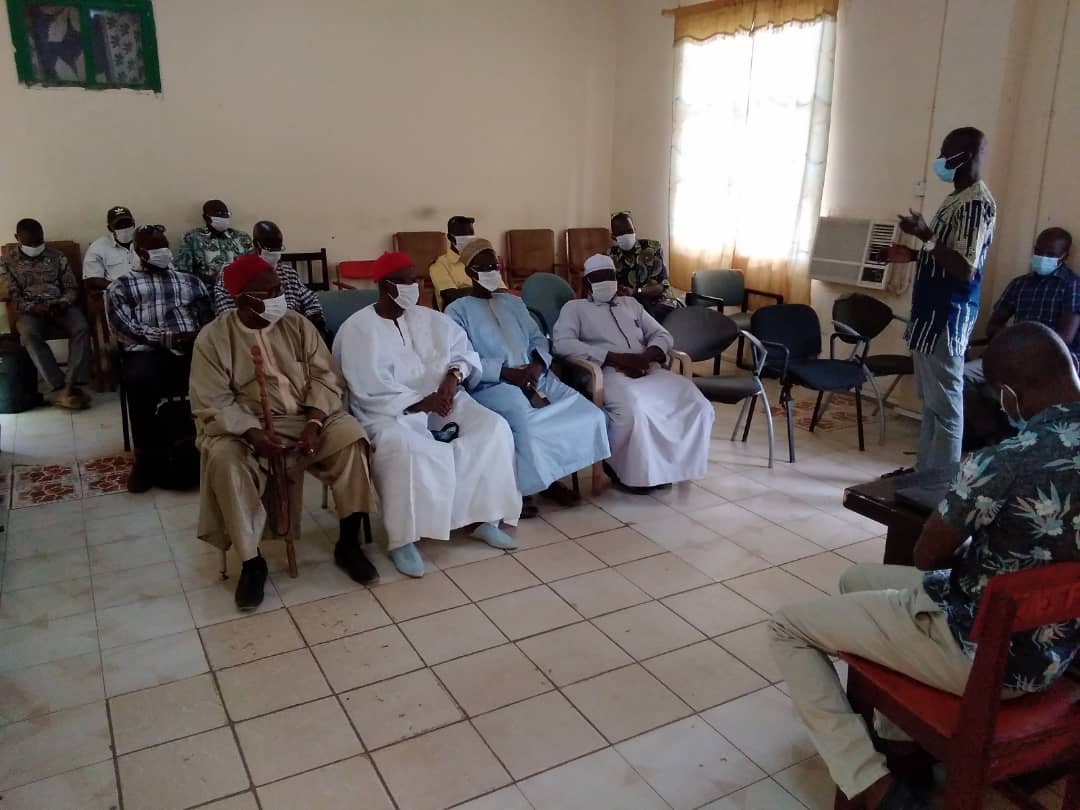Nutrition experts in The Gambia organized a day forum to discuss the country advancement effort to promote nutrition.
Malnutrition is a major public health problem in The Gambia, adversely affecting vulnerable groups among the population, especially women of productive age and children under five years of age.
According to nutrition experts, malnutrition trend is decreasing every year but more attention is needed to combat total malnutrition in the West African nation.
Nutrition expert at Food and Agriculture Organisation of the United Nations Solange Heise, commended the government and other partners for their commitment in eradicating all forms of malnutrition in the country.
Achieving food fortification programme according to the nutrition expert needed concerted efforts on health and development outcomes which require a multi-disciplinary approach.
The food fortification project, she explained aims at improving the food and nutrition security of vulnerable women and children in The Gambia, with specific objective focusing on ensuring access to consumption of micronutrient rich foods for promoting better nutrition for all.
Sanjally Trawally of The Gambia health promotion and education directorate said, micronutrient deficiencies and malnutrition have decreased to 20 percent which he said shows the government’s commitment in improving nutrition of the population.
Mr Trawally said food fortification is the most effective way in improving the micronutrient of The Gambia population, while challenging the participants to effectively participate during the four-day convergence and come up with ideas and solutions to enable them to achieve their objective.
The European Union funded project in improving food security and nutrition in The Gambia through food fortification and being implemented by FAO and partners in their efforts to reduce the high prevalence of micronutrient deficiencies in the country.
However, lack of information could be a major constraint to provide evidence that malnutrition related programmes are well designed and implement.




